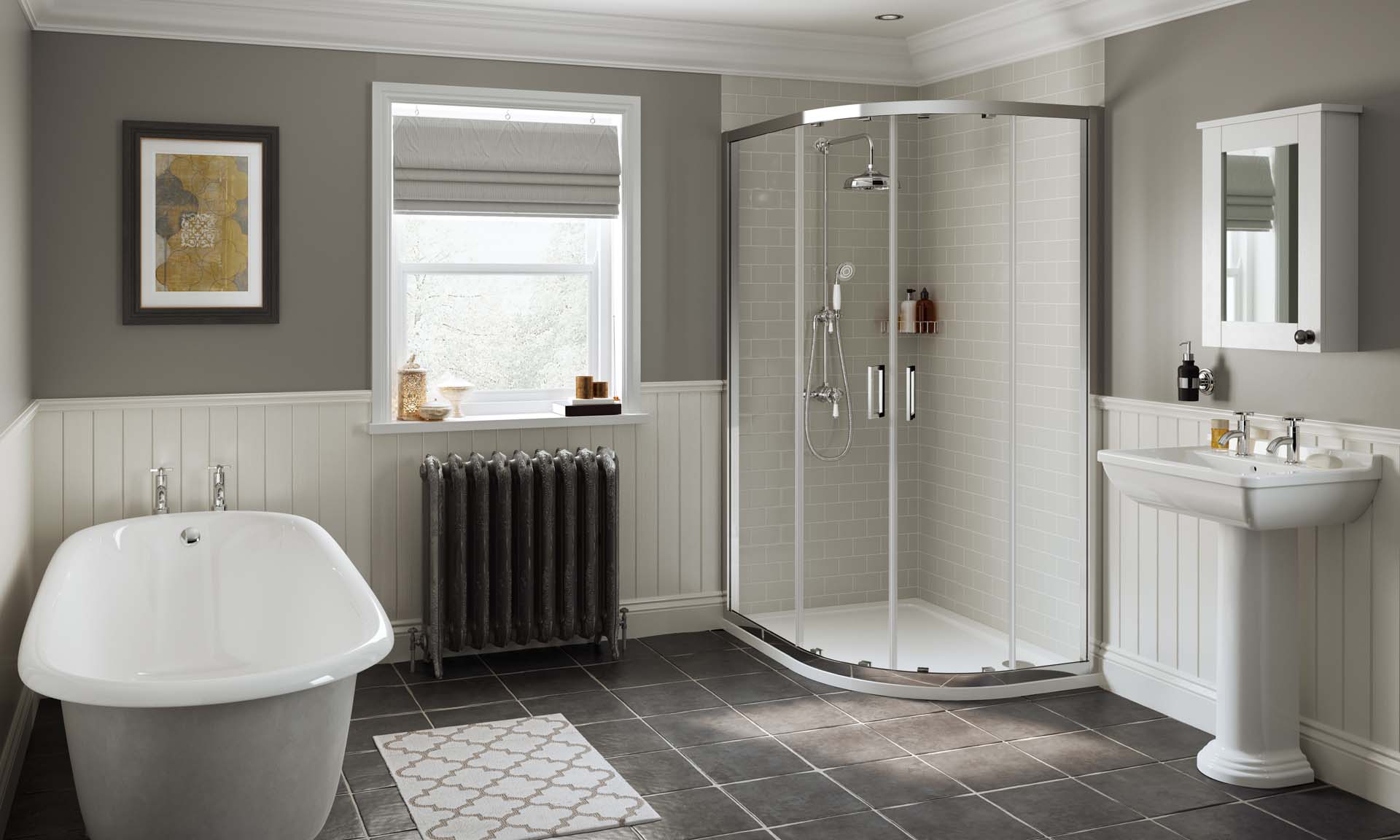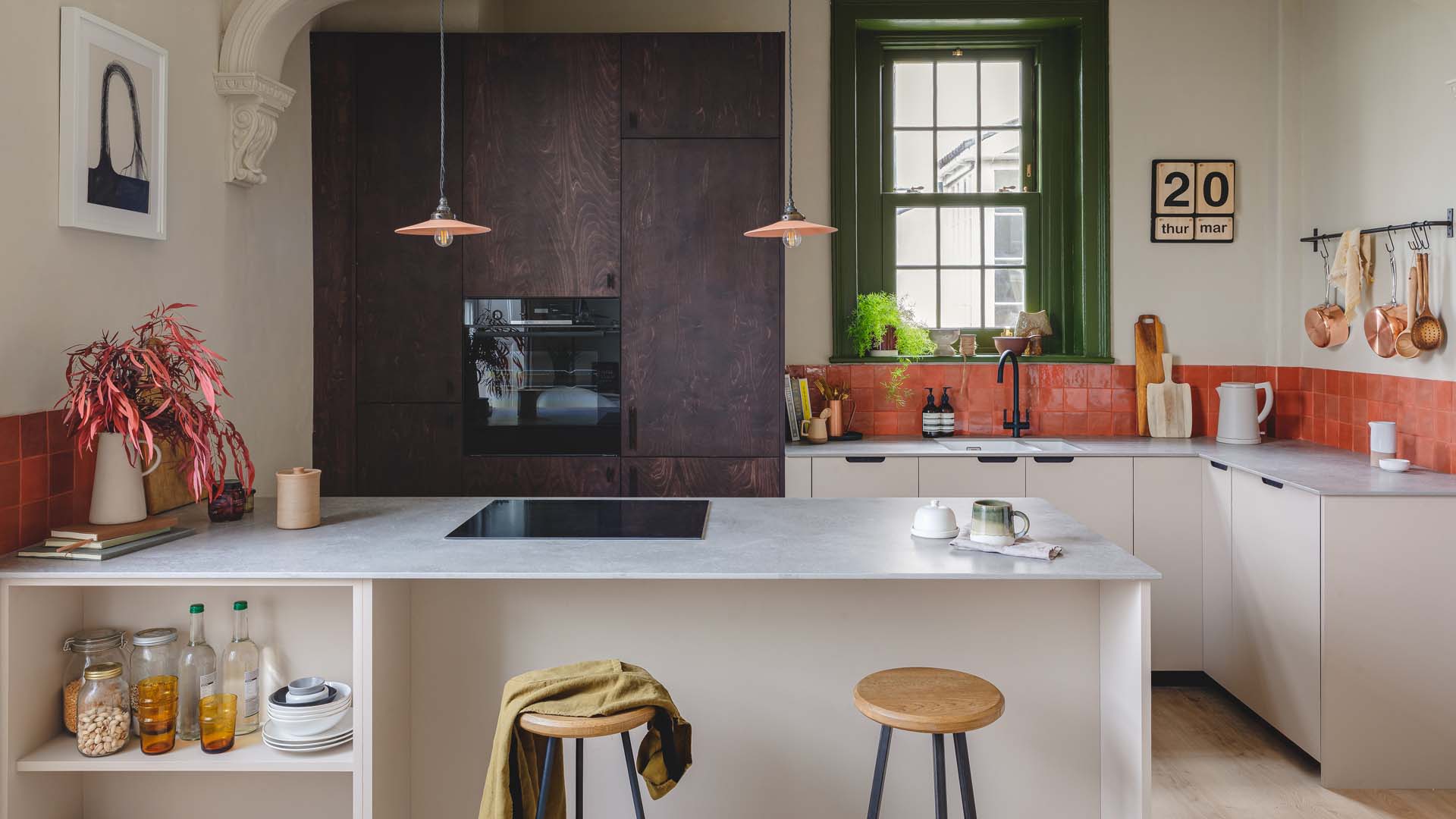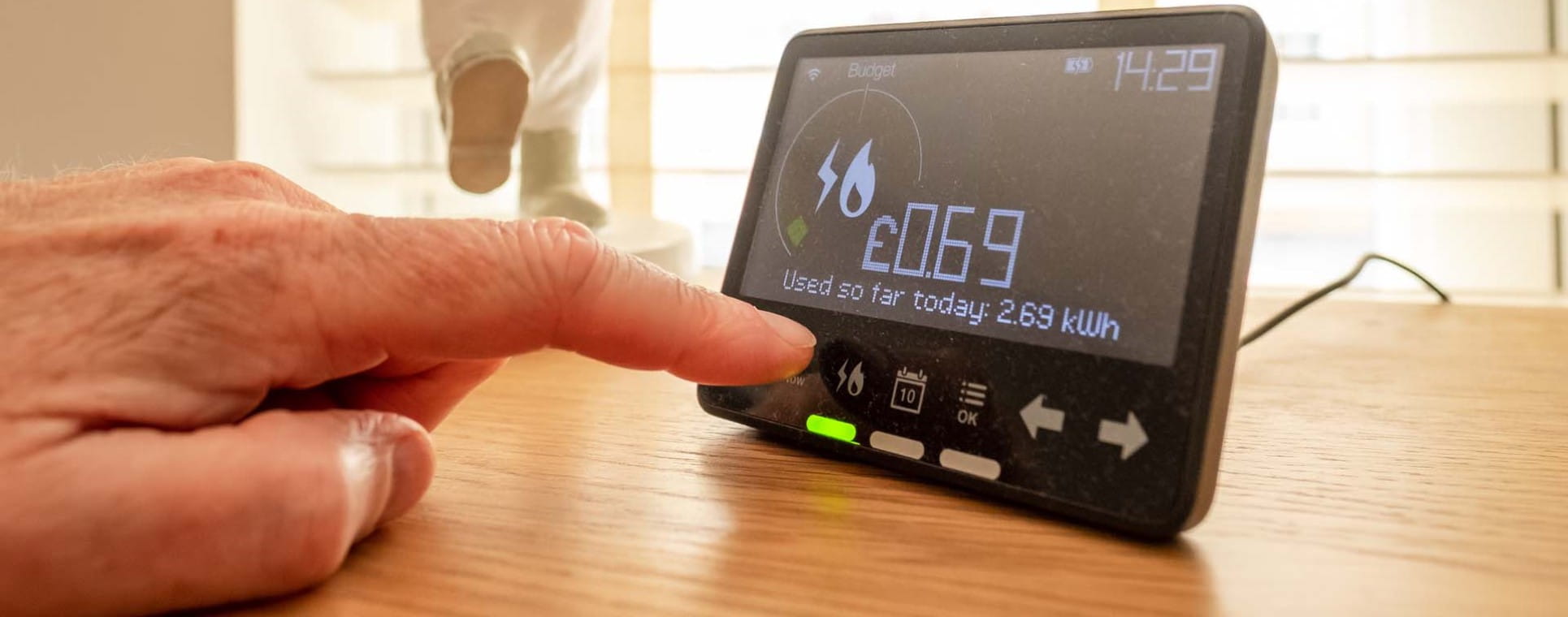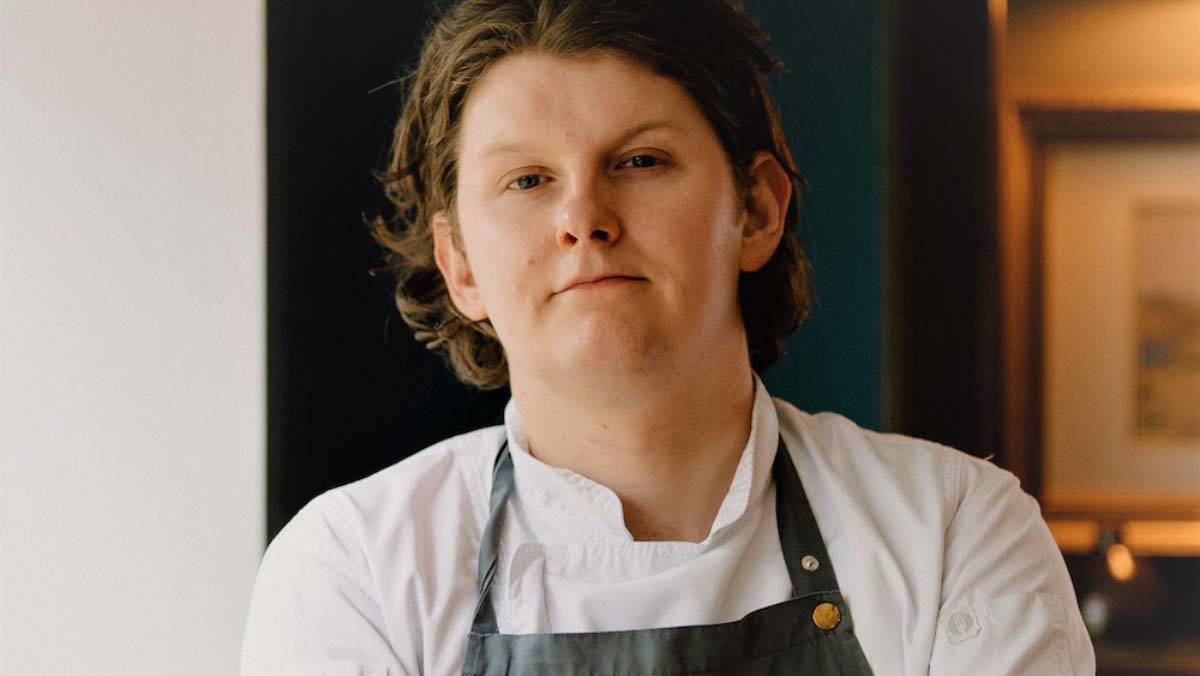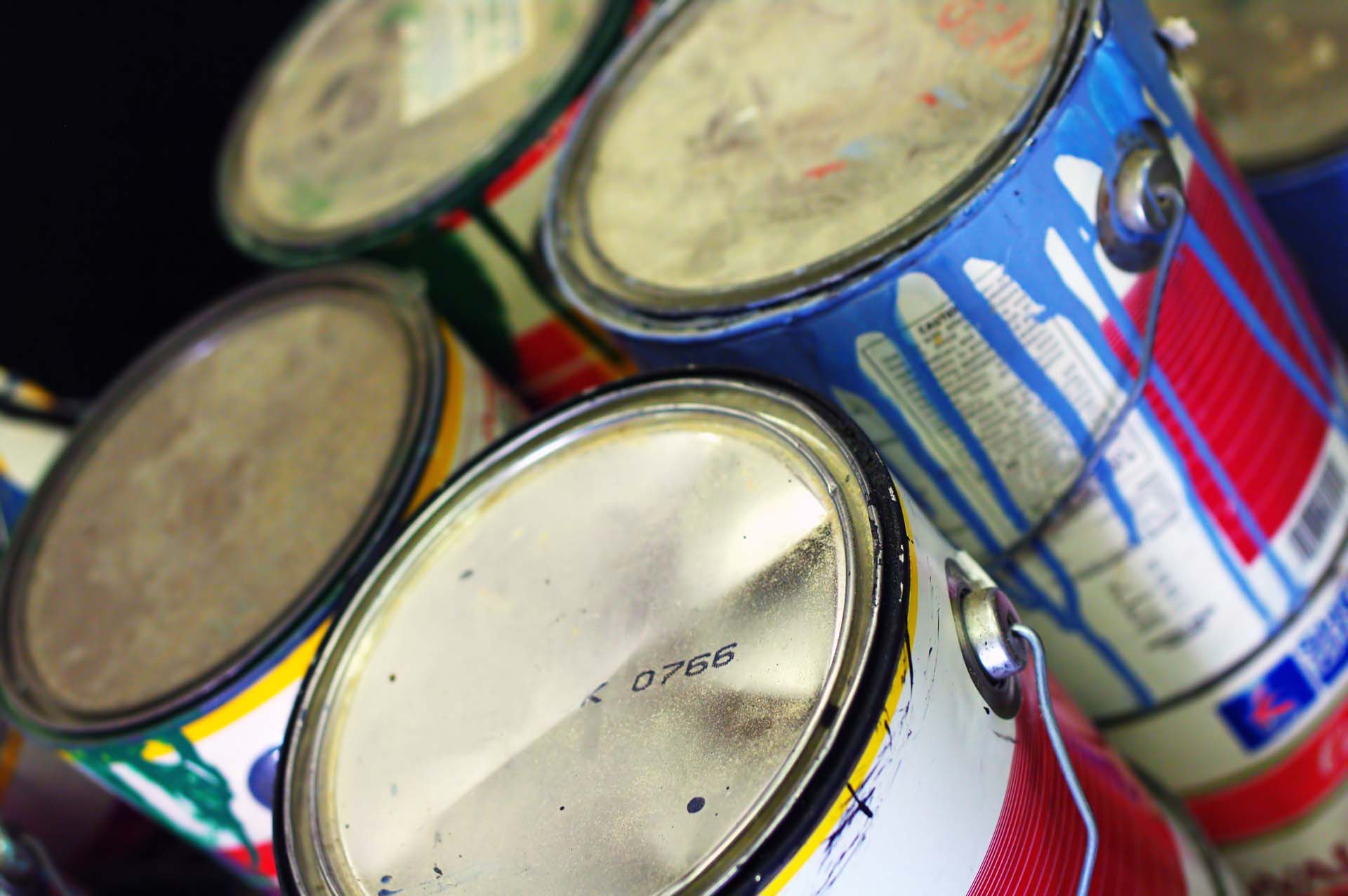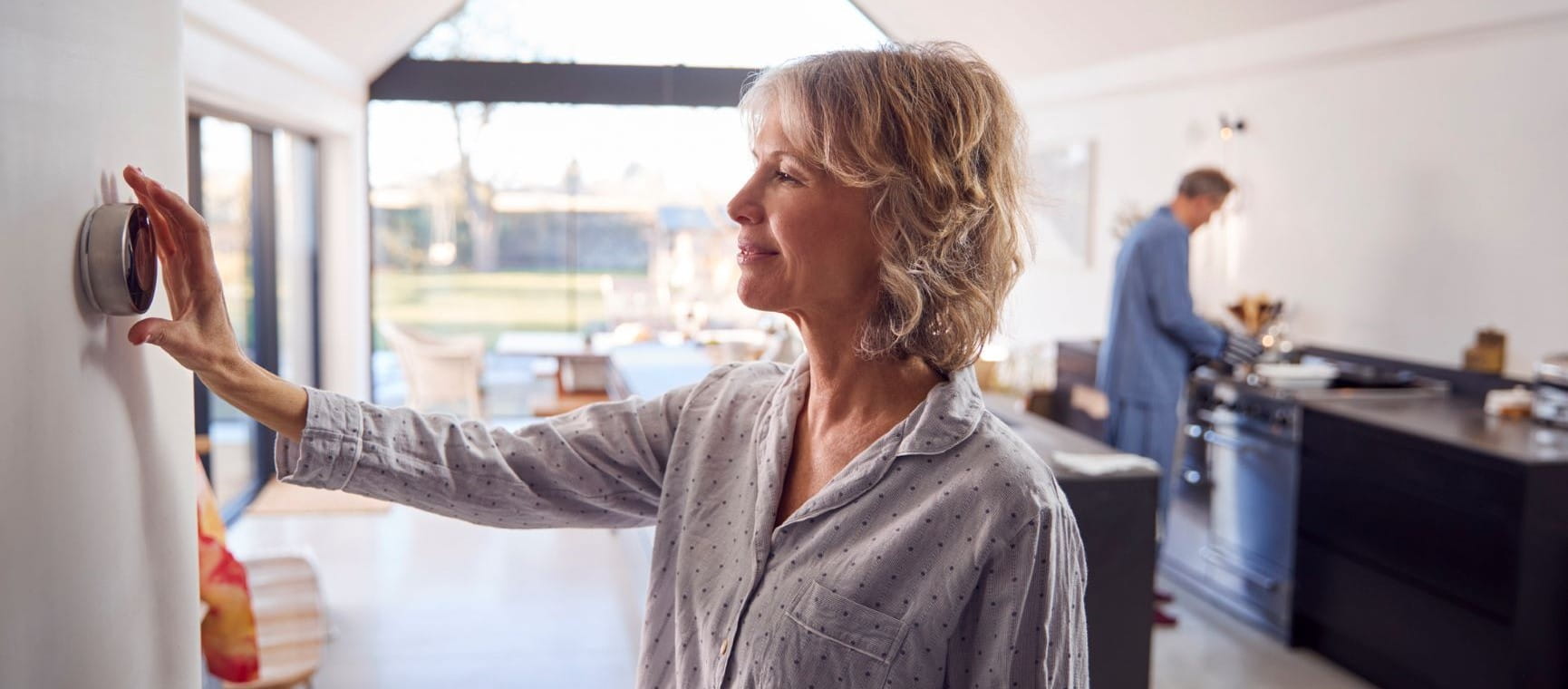
Staying warm while keeping costs down is a delicate balancing act, especially considering the whims of British springtime weather. There might be a heatwave this week, but that doesn’t mean our coats have been banished to the attic just yet. So when should you switch off the heating – if at all?
A survey last month by boiler company Worcester Bosch found that nearly three quarters of British households bicker about when to flick the switch.
Over a quarter said they are quarrelling more due to rising energy bills, with the price cap rising by 6.4% last month. And almost half admitted to secretly switching the heating back on, without telling their partner.
We asked experts when to switch off your heating in the run-up to summer, to save money without compromising comfort.
There’s no one-size-fits-all answer, says Nicholas Auckland, heating expert and managing director of Trade Radiators. “It really depends on your heating system, the weather, and your own personal needs,” he says.
“As a general rule of thumb, most households in the UK are likely to turn off their heating between late April and early May.”
The standard recommendation is to wait until temperatures consistently reach 15°C or higher during the day, without plummeting overnight. But this is just a guide, says Nicholas.
“If your house feels cold without heating well into May, you don’t need to turn it off. Do what’s best for you.”
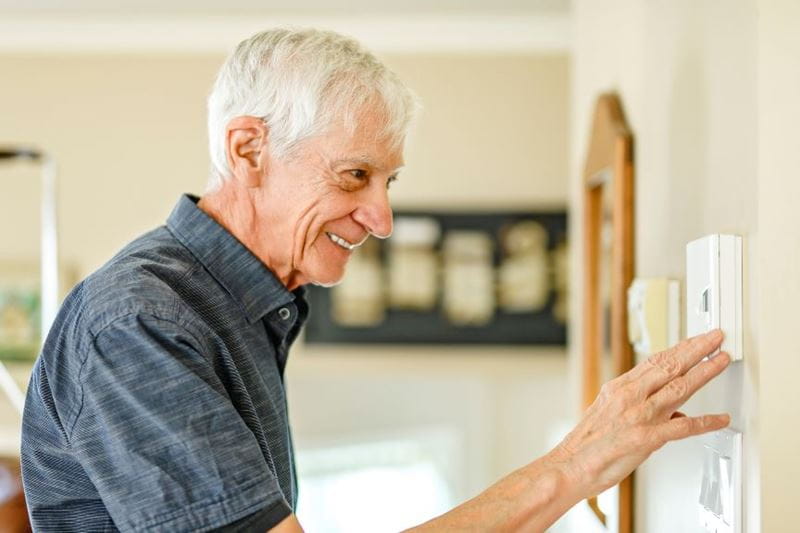
Different heating systems require different approaches – it’s not always the best idea to shut them down.
“If you have a traditional gas boiler system, it’s usually fine to switch off the heating function as we move into late spring, or as your home gets warm enough,” says Nicholas.
“But if your boiler also controls your hot water, it’s important to make sure that you don’t accidentally cut that off too.”
While some experts suggest leaving a gas boiler running and instead adjusting the thermostat down, Nicholas wouldn’t recommend this.
“It risks wasting energy, which can be costly,” he says.
It’s often best to leave these running rather than switching them off entirely, says Nicholas.
“This is because heat pumps are most efficient when maintaining a steady temperature, and frequent stopping and starting can actually reduce their efficiency,” he explains.
“You should adjust your thermostat settings for the warmer months rather than powering the system down completely.”
“For electric heaters or panel heating systems, you can usually switch these off completely once the warmer weather arrives,” says Nicholas.
“Storage heaters, which charge overnight, should definitely be turned off for the summer months to avoid wasting expensive electricity.”
“The good thing about electric heaters is they’re easy to turn on as and when you need them, and they don’t take long to heat up.
"If you don’t want to turn your gas boiler on during summer, and only want heat for a short time, investing in electric heaters that can be used to quickly heat up a space could be a good idea.”
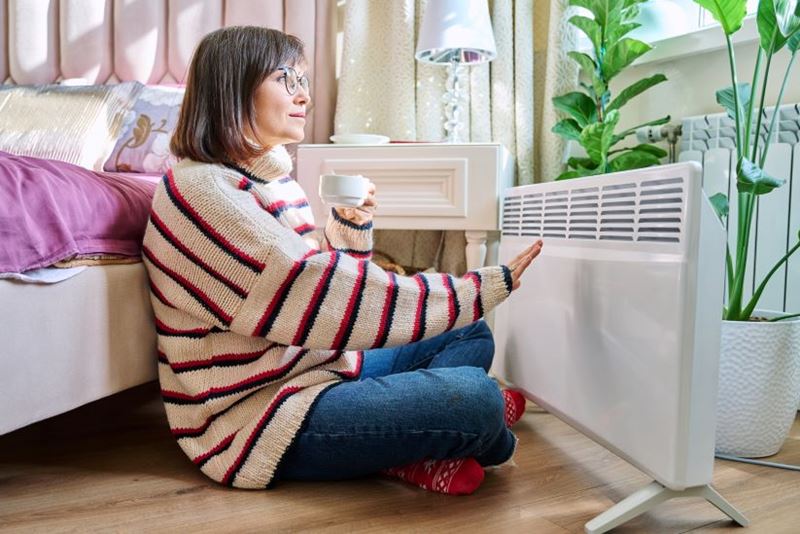
At the start of April, energy prices rose to 27.03p per kWh for electricity and 6.99p per kWh for gas - with increases to the daily standing charges for each fuel too.
“It’s more important than ever to manage your heating smartly to save money,” says Nicholas.
He has the following tips:
According to Age UK, more than 1.9 million older households are struggling with their energy bills.
“Small changes can make a big difference,” says Matthew Sheeran, a money saving expert at Money Wellness, a free advice service funded by the government’s Money and Pensions Service (MaPS).
“Turning the thermostat down by just one degree can save around 10% on your heating bill.
"If anyone is really worried about rising costs, it’s worth checking whether they might be eligible for help, like the Warm Home Discount or support from their energy supplier’s hardship fund.”
Rebecca Norris is Features Writer at Saga Magazine, interviewing fascinating people over 50, from DIY hot air balloon builders to the new generation of lighthouse keepers. She trained in news and features writing at City, University of London, graduating with an MA in Magazine Journalism.
View author page
